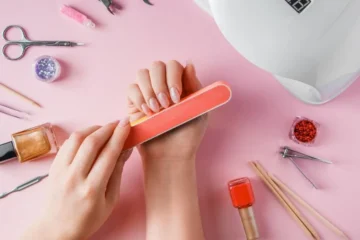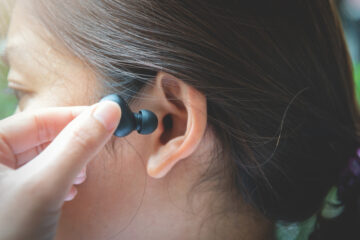Whether you’re a seasoned DIY enthusiast or just looking to tackle basic home repairs, having the right tools can make all the difference. From fixing a leaky faucet to assembling furniture or hanging artwork, here’s a comprehensive review of seven essential hardware items every household should have, complete with their pros and cons:
1. Cordless Drill/Driver
A cordless drill/driver is a versatile tool for drilling holes and driving screws into various materials, from wood to metal.
Pros:
- Versatility: Essential for a wide range of tasks, including assembling furniture and hanging shelves.
- Portability: Cordless design allows for easy maneuverability without being tethered to an outlet.
- Power: Capable of handling tough jobs with adjustable torque settings.
- Efficiency: Saves time and effort compared to manual screwdrivers.
Cons:
- Battery Life: Requires recharging, so having a spare battery is beneficial for uninterrupted work.
- Cost: Initial investment can be higher compared to basic hand tools.
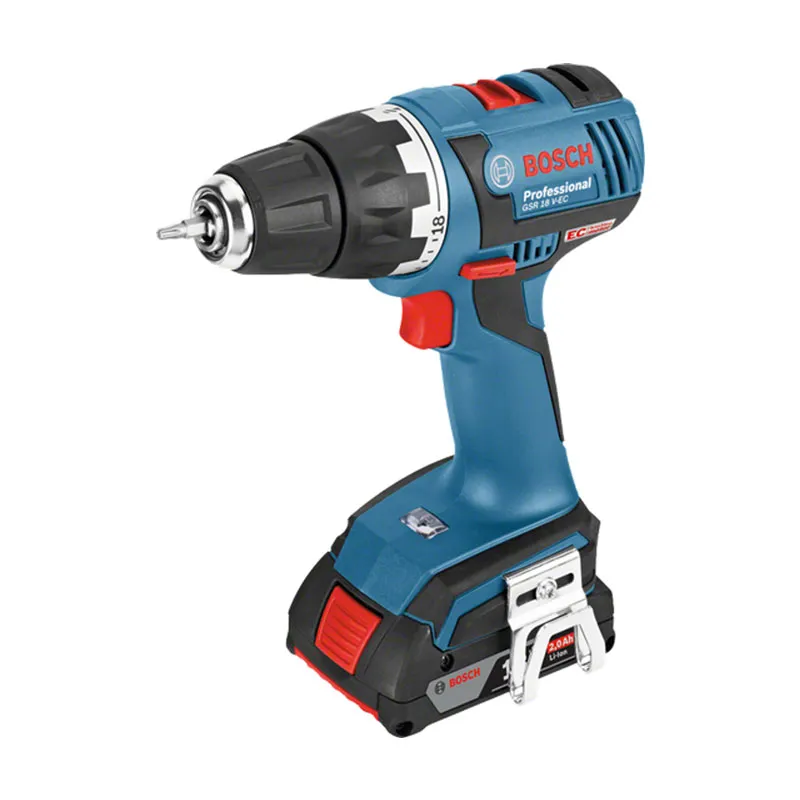
2. Adjustable Wrench
An adjustable wrench, also known as a crescent wrench, is indispensable for tightening or loosening nuts and bolts of various sizes.
Pros:
- Versatility: Adjusts to fit different nut and bolt sizes, reducing the need for multiple wrenches.
- Ease of Use: Simple design makes it easy to grip and operate.
- Durability: Typically made of sturdy materials like steel for long-lasting use.
- Accessibility: Found in most toolkits and hardware stores.
Cons:
- Limited Grip: May not provide as secure a grip as a dedicated wrench for specific sizes.
- Bulkiness: Larger sizes can be bulky and may not fit into tight spaces.
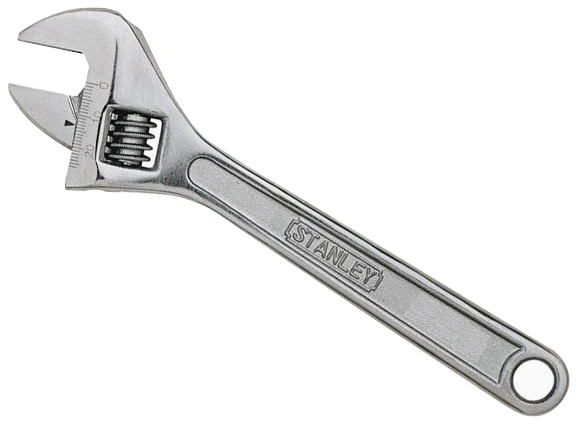
3. Tape Measure
A tape measure is essential for accurately measuring distances, crucial for home improvement projects and furniture placement.
Pros:
- Precision: Provides accurate measurements in both inches and centimeters.
- Flexibility: Retractable design for easy storage and quick access.
- Durable: Typically made of metal or durable plastic for longevity.
- Versatility: Useful for a wide range of applications, from carpentry to interior design.
Cons:
- Breakability: Can snap if mishandled or exposed to excessive force.
- Complexity: Reading measurements might require practice for precise results.
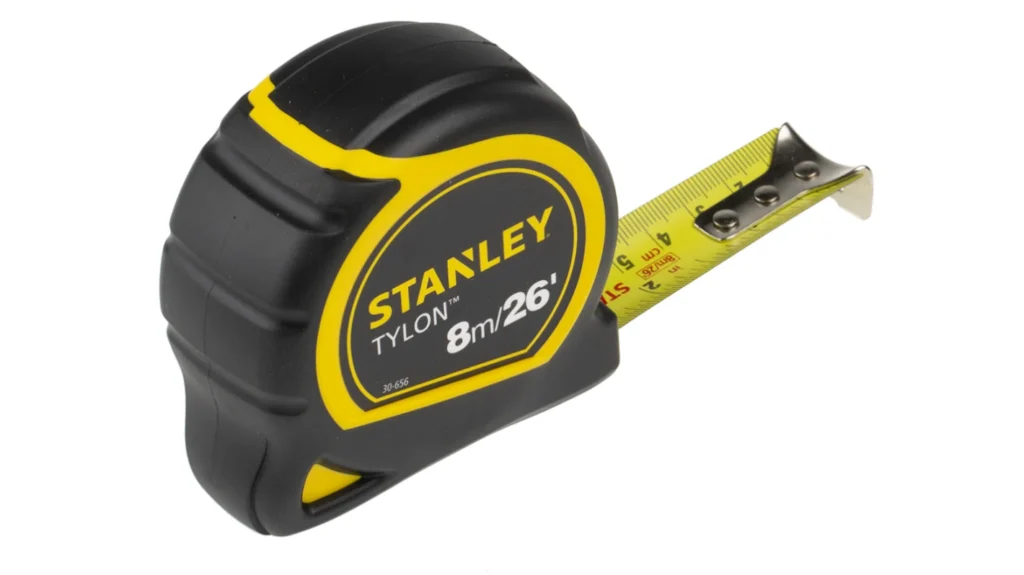
4. Hammer
A hammer is essential for driving nails, assembling furniture, and general household repairs.
Pros:
- Versatility: Used for both driving and removing nails, as well as light demolition work.
- Accessibility: Found in various sizes and weights to suit different tasks.
- Durability: Typically made of steel with a sturdy handle for long-term use.
- Simplicity: Easy to use and requires minimal maintenance.
Cons:
- Accuracy: Requires practice to control force and avoid damaging surfaces.
- Noise: Can be noisy, especially in shared living spaces.
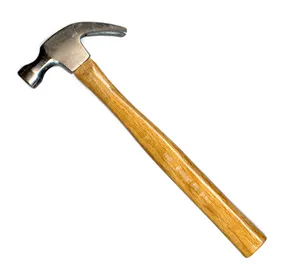
5. Screwdriver Set
A screwdriver set includes various types and sizes of screwdrivers for assembling furniture, tightening screws, and more.
Pros:
- Versatility: Includes different types (flathead, Phillips, Torx) for various screw types and sizes.
- Accessibility: Essential for everyday tasks, from fixing electronics to household appliances.
- Ease of Use: Comfortable grip and precise control for accurate screwdriving.
- Durable: Made of hardened steel or alloy for durability.
Cons:
- Limited Torque: Manual operation may not provide enough torque for stubborn screws.
- Storage: Keeping track of multiple screwdrivers can be challenging without proper organization.
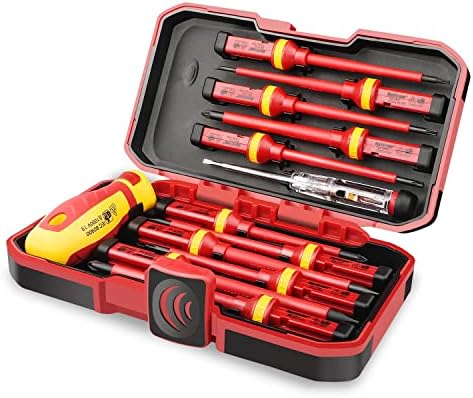
6. Pliers
Pliers are versatile hand tools for gripping, twisting, and cutting wires, as well as holding objects firmly.
Pros:
- Versatility: Various types (needle-nose, slip-joint, lineman) for different tasks.
- Gripping Power: Provides a strong grip for bending or twisting objects.
- Durability: Made of hardened steel for strength and longevity.
- Accessibility: Essential for electrical work, automotive repairs, and more.
Cons:
- Limited Reach: Depending on the type, may not reach into tight spaces.
- Specialization: Different types of pliers are needed for specific tasks.
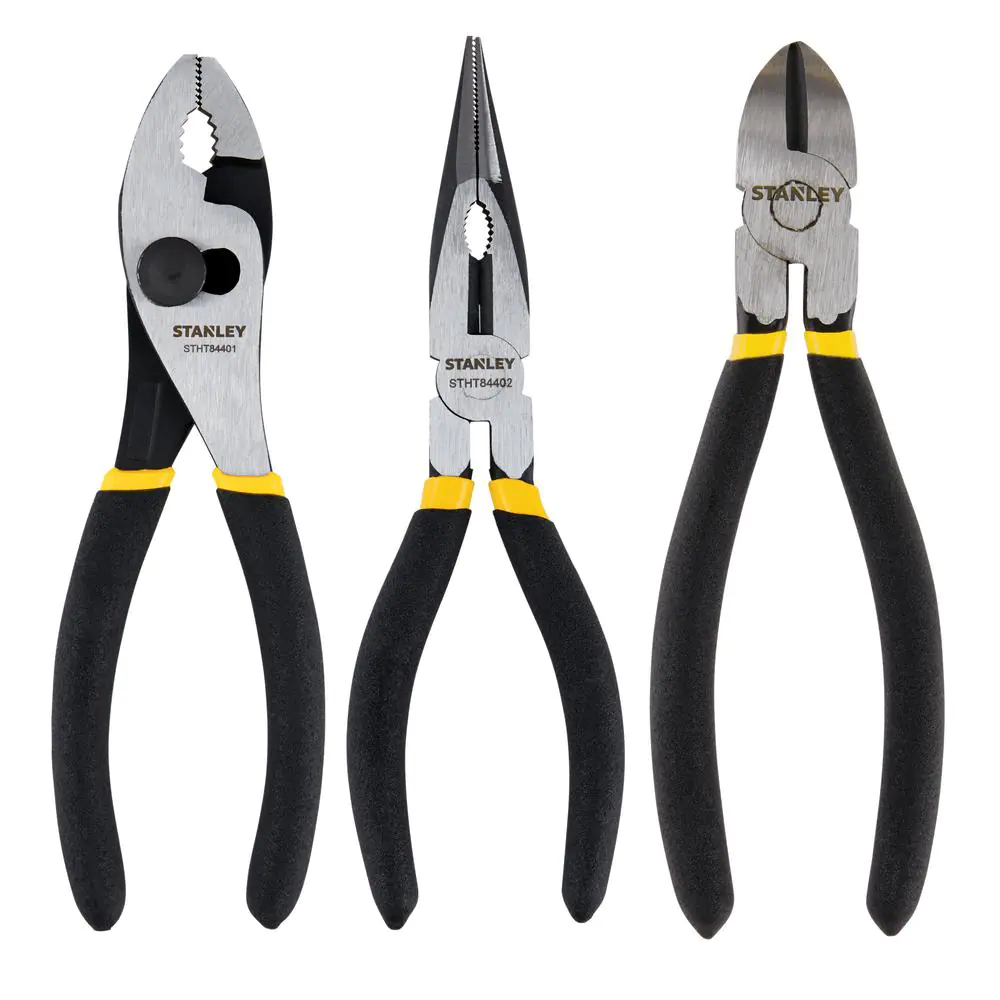
7. Level
A level ensures horizontal and vertical accuracy when hanging shelves, pictures, or ensuring flat surfaces.
Pros:
- Precision: Ensures objects are level and plumb for a professional finish.
- Ease of Use: Bubble or digital levels provide clear readings for accuracy.
- Versatility: Used in carpentry, interior decorating, and DIY projects.
- Durability: Made of durable materials like aluminum or acrylic.
Cons:
- Size Limitations: Larger levels may be cumbersome for small-scale projects.
- Dependency: Accuracy can be affected by external factors like surface imperfections.
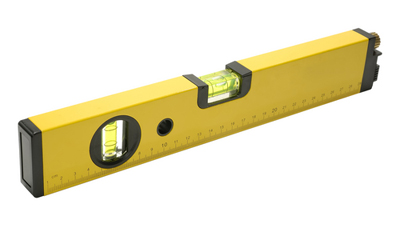
Choosing Your Essential Hardware:
Having these essential tools on hand equips you to handle a variety of home improvement projects, repairs, and DIY endeavors with confidence. Whether you’re assembling furniture, hanging artwork, or tackling more extensive renovations, these tools are indispensable for maintaining and enhancing your living space. Invest in quality pieces that fit your needs and budget, ensuring they serve you well for years to come. Happy DIY-ing!



